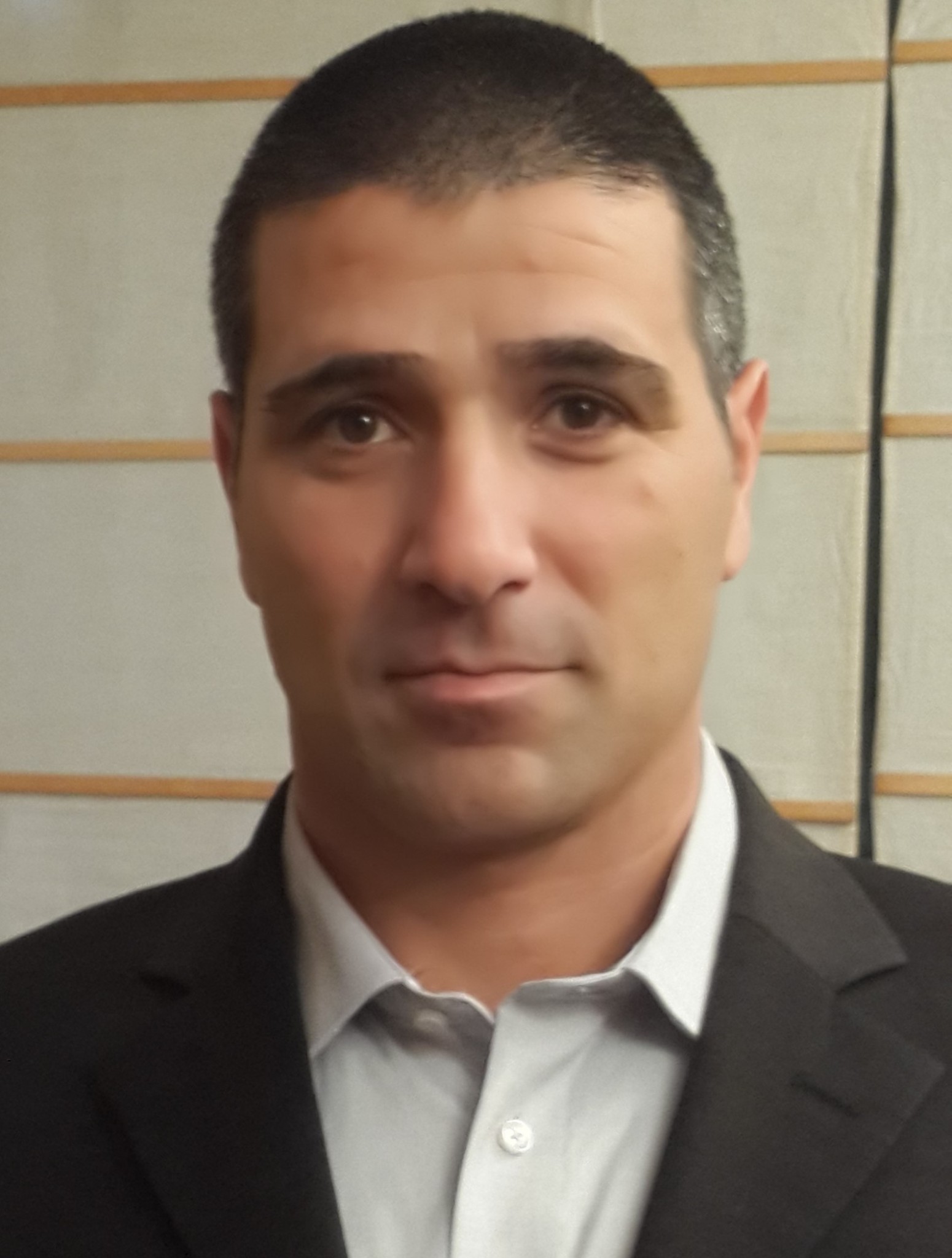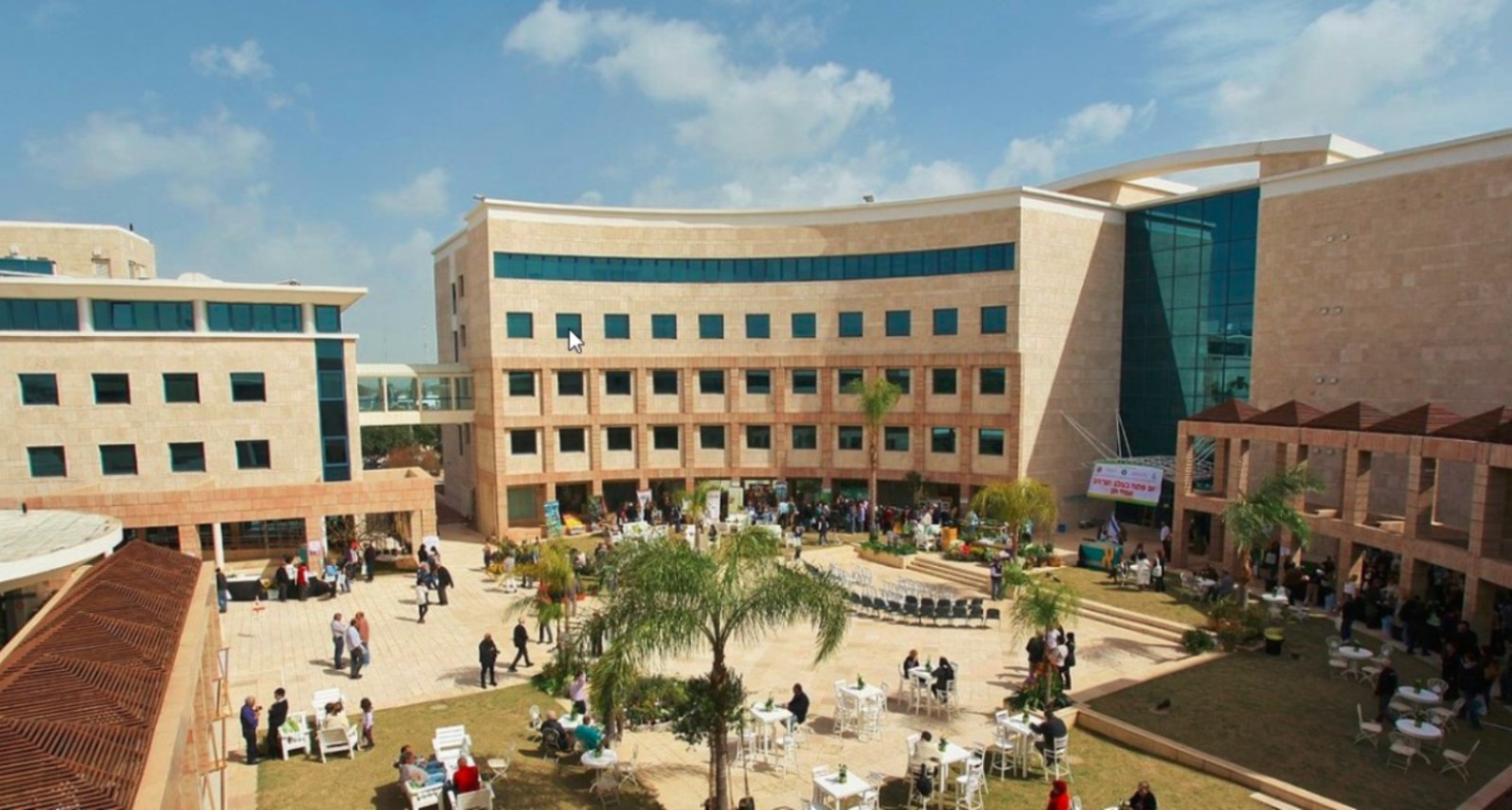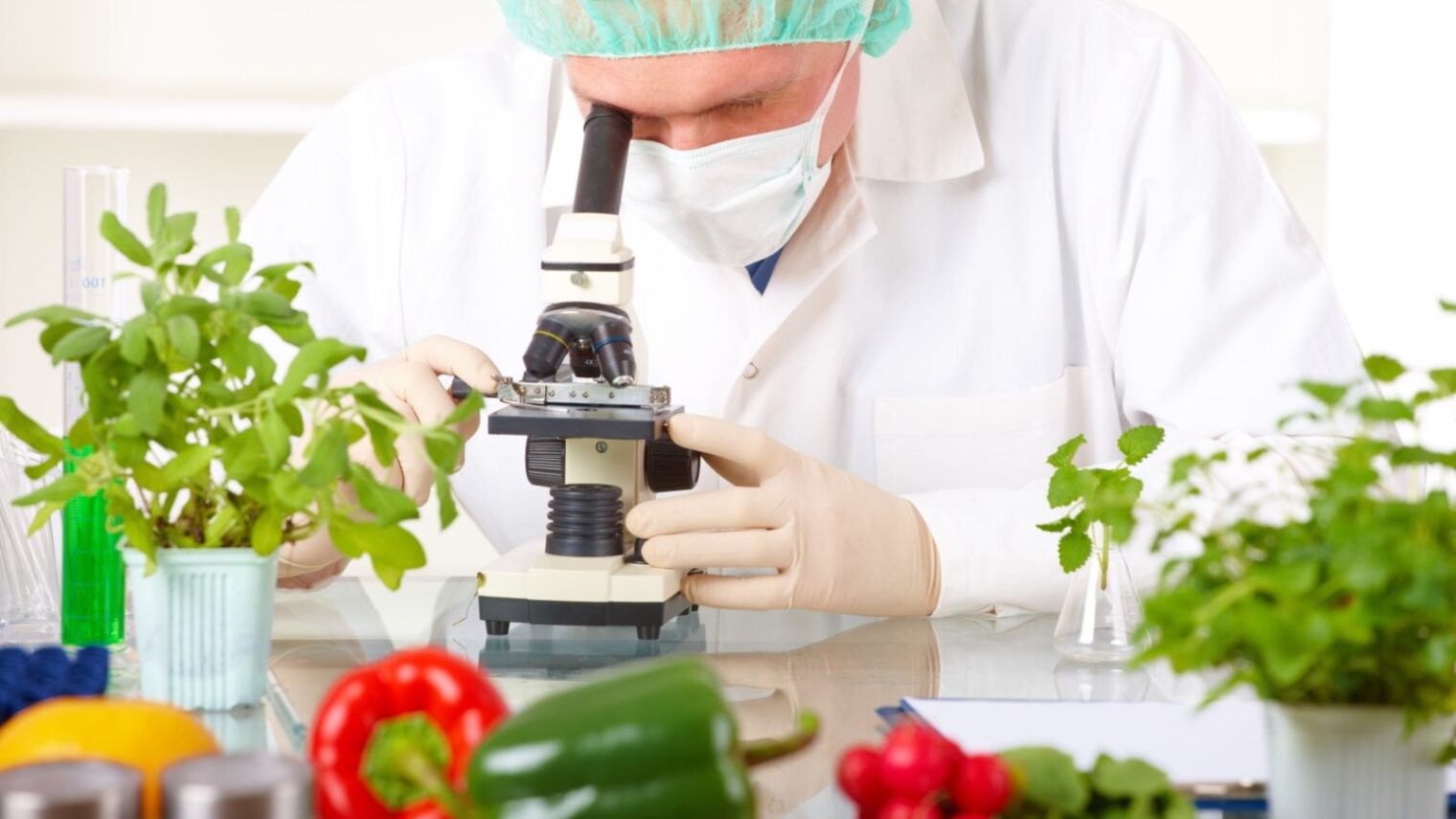A private Israeli investment fund called Copia Agro & Food (as in cornucopia) aims to address global hunger by finding prominent industry partners to develop and commercialize groundbreaking agro and food technologies from Israeli research institutes.
“In 2050, there will be 10 billion people on earth and a great demand for food, while at the same time natural resources are shrinking, so everything is going toward innovations to generate more food using less energy,” says Eyal Cohen, co-managing partner of Copia.

“Israel is one of the leading pioneers in food-tech and ag-tech, some of it disruptive, but most of the technologies stay on the academic level,” he continues.
“Copia was founded over two years ago to bridge that gap. This is not about creating startups. We bring in a relevant industrial partner to test the technology, and we finance and manage every stage of this cooperative process until we have a disruptive solution.”
In selecting and catalyzing plant- and animal-science technologies with high market potential that have passed the proof-of-concept phase, Copia aims to contribute to a healthier, safer, more efficient and sustainable food supply, he says.
Biopesticides, pasteurization
Based in Herzliya, Copia is raising $50 million and has six active projects pairing technologies from Israel’s renowned Volcani Institute-Agricultural Research Organization with strategic partners in Israel and abroad. Within five years, the fund is expected to take up to 50 projects under its wing.
One of the six projects is a biopesticide against “greening disease,” an incurable bacterial infestation that damaged 80 percent of Florida’s citrus crop last year and threatens apples, carrots, grapes and other crops worldwide. Cohen expects the Volcani invention to be on the market in 36 months.
Another Copia project is a biopesticide against the most harmful species of nematode worms, which cause $100 billion in agricultural damage worldwide annually. This non-chemical solution should be on the market in two years.
In the food sector, Copia is nurturing a Volcani natural technology for pasteurizing dairy products more efficiently, leading to less bacteria, more protein and longer shelf life in the finished product. “We’ll implement it also for beverages and meats,” says Cohen, who predicts this product will be commercialized in 18 to 24 months.

Jacob Mualem Maron, director of Kidum, the technology transfer office of the Volcani Institute, says the collaboration between Copia and Volcani is a breakthrough model that “opens the bottleneck in the transfer of technologies between research institutes and big businesses in the food and agriculture sectors, in which investment has specific challenges.”
Though Volcani technologies are applied and field tested, Mualem Maron tells ISRAEL21c, “big businesses need a higher level of product development before they can utilize new technologies. Copia perfectly fills the gap, enabling us to present a higher level of development to those industrial partners.”
Unique, challenging business model
Copia was founded by a threesome: Jonathan Berger, CEO of The Strauss Group’s food-tech incubator, The Kitchen; venture capitalist and private equity professional Edly Dollar; and Ziv Carthy, formerly an executive with SAP and Israeli ed-tech company Time to Know.
Copia’s co-managing partner is Ohad Zuckerman, formerly head of Zeraim Gedera, a successful Israeli vegetable seed company. Since 2009, Zuckerman also has been active in promoting the biofuel industry in Israel through his other company, UniVerve, which develops algae for fuel. He is well connected with many of the strategic partners with which Copia works today.
Zuckerman and Cohen share an abiding interest in bringing new Israeli technologies and innovations to fruition, but the Copia concept is different than anything they’ve done before.
“It’s a unique and challenging business model,” Cohen tells ISRAEL21c. “We weren’t even sure it was possible, if there would be enough deal flow. After two years I can tell you the business model is working beyond expectations and we’re expanding to other research institutes in Israel. We’ll even expand to academies worldwide in the long term.”
Bypassing the startup model minimizes risk tremendously for the industrial partners, emphasizes Cohen, a serial entrepreneur.
“No money is spent on infrastructure, only for product development,” he says. “Part of the funds will go to the labs and part to the development process, and the partners put in their own funds.”
Copia’s revenue stream per investment is generated from sub-license fees, royalties from sales, and selling of IP commercialization rights.
For more information, click here.

















